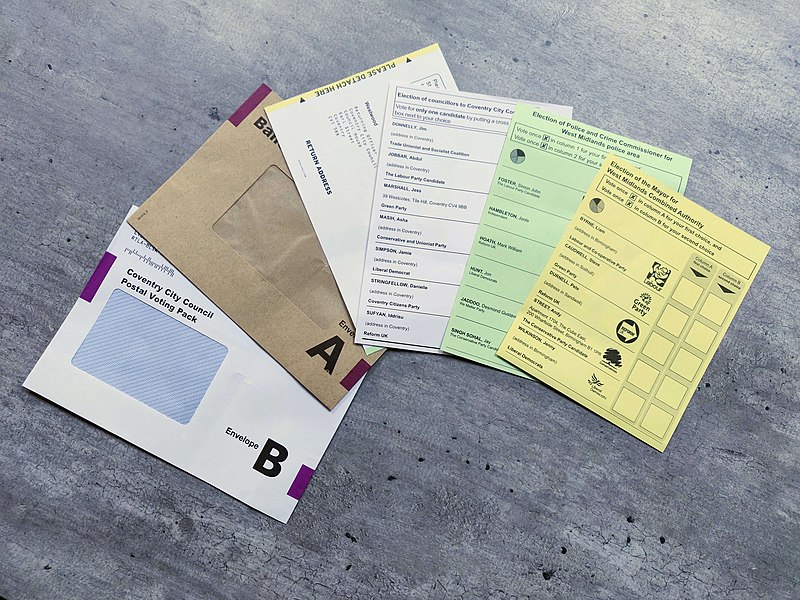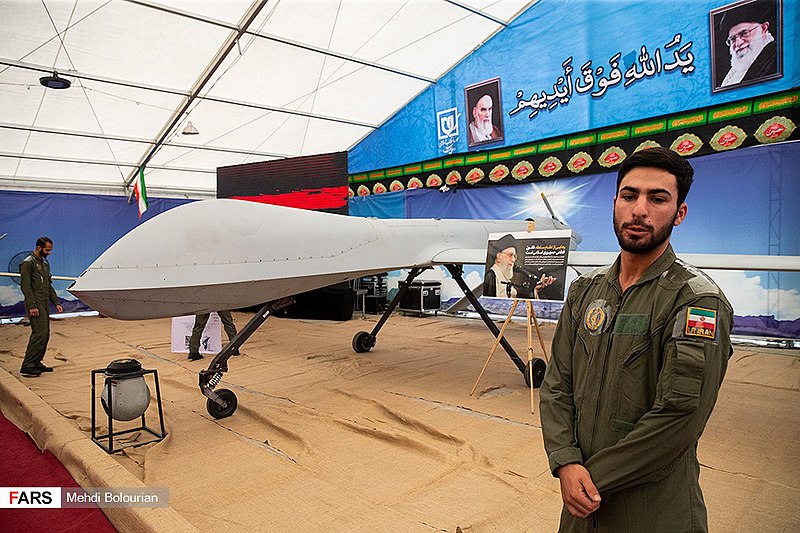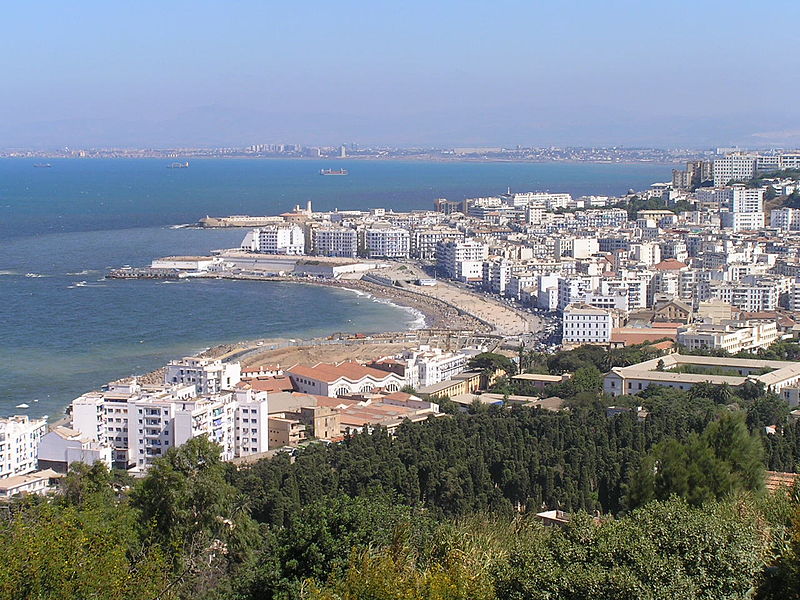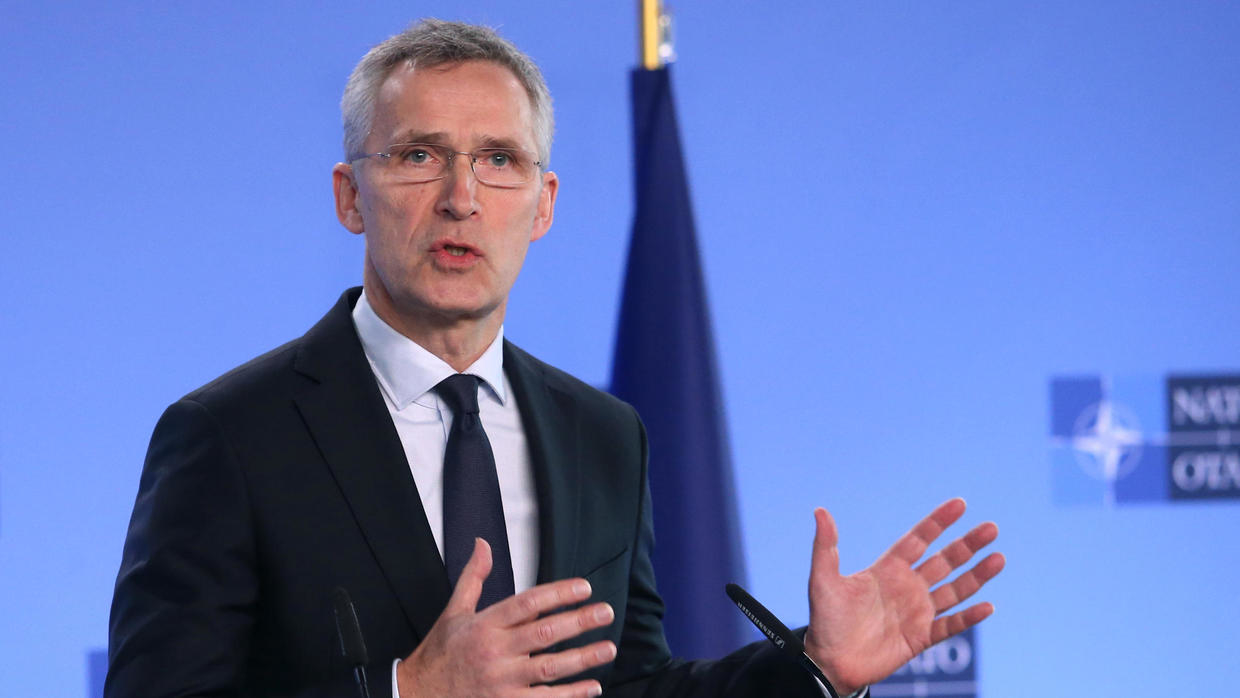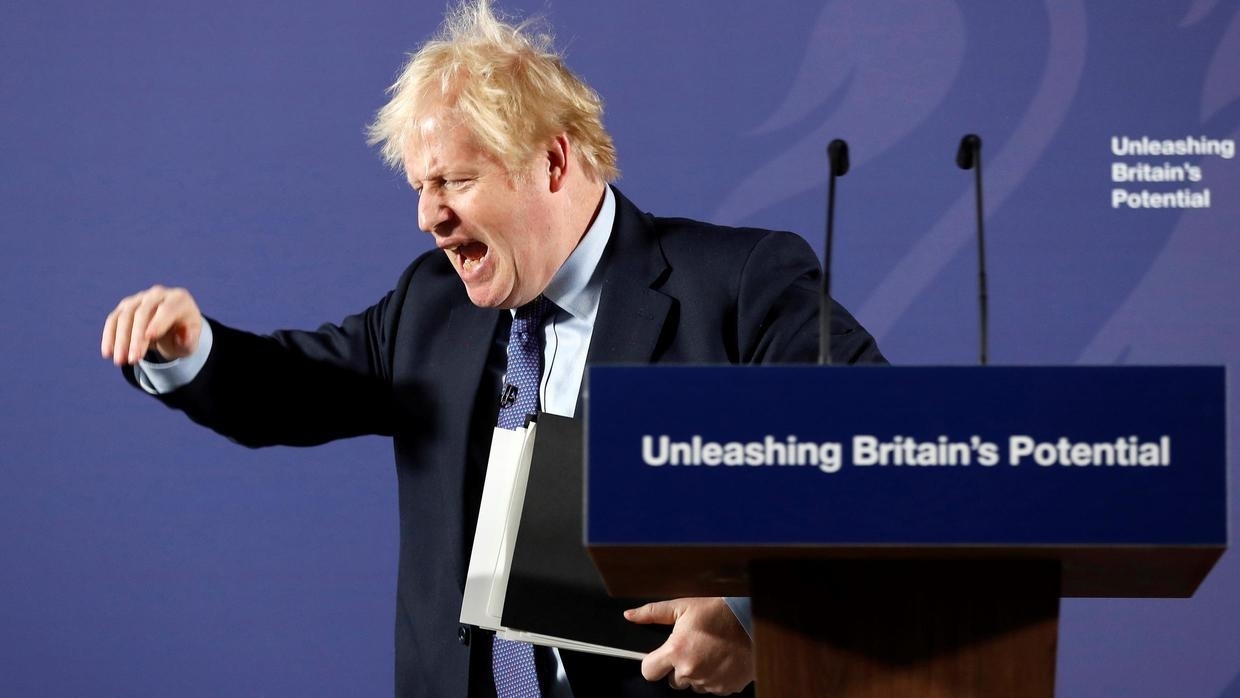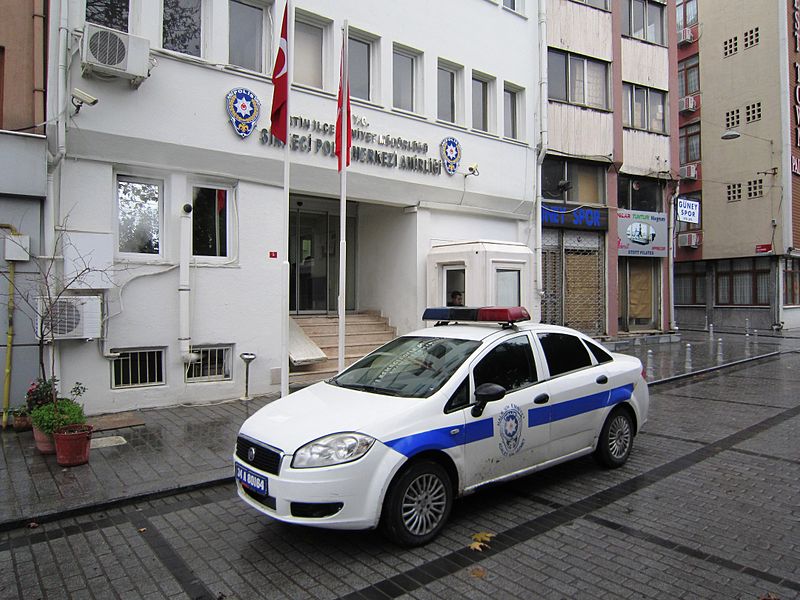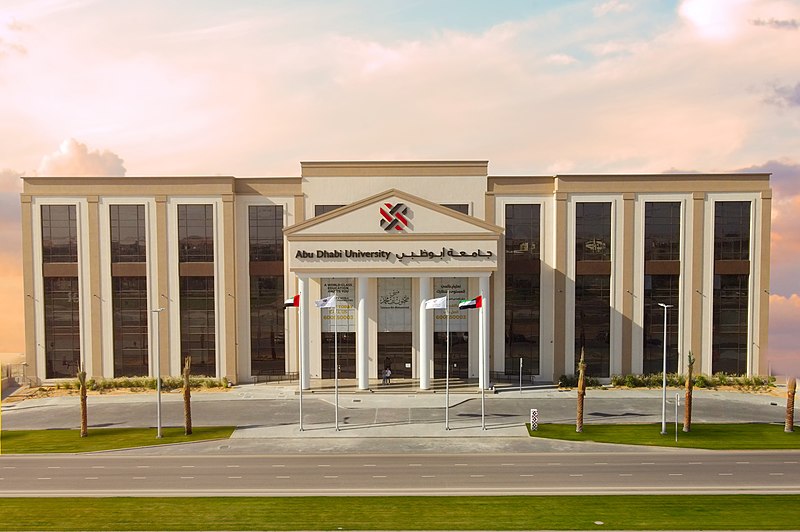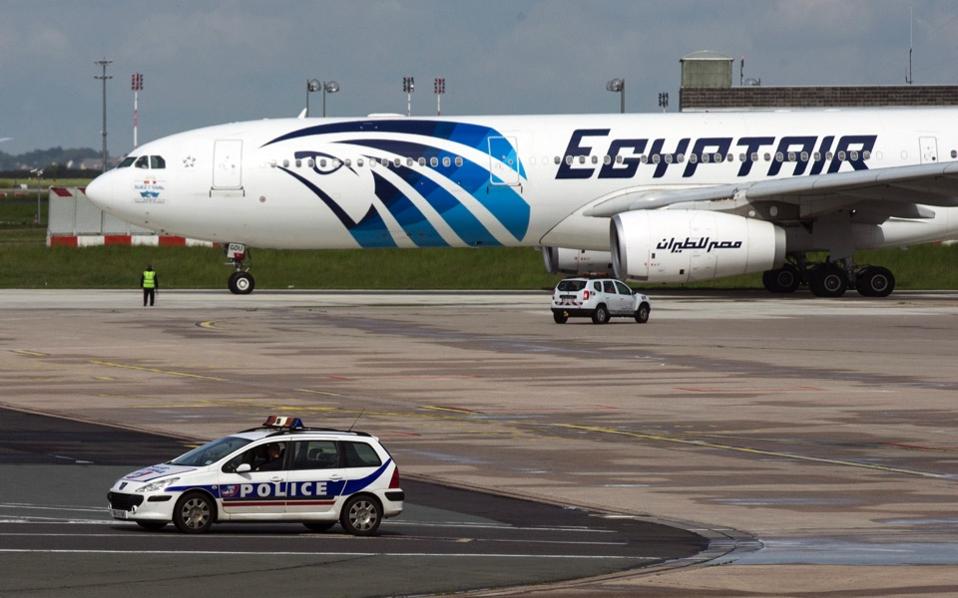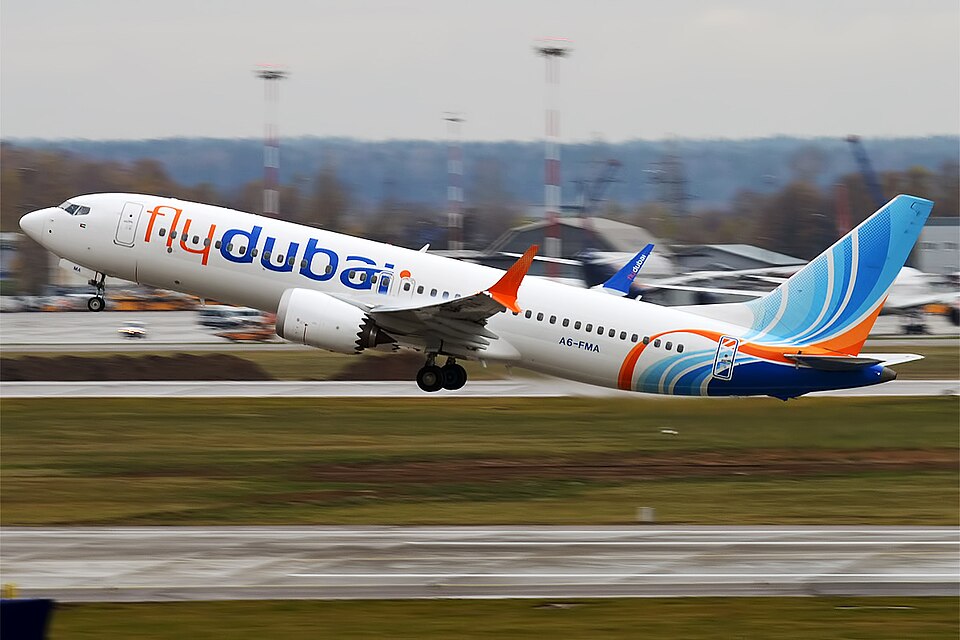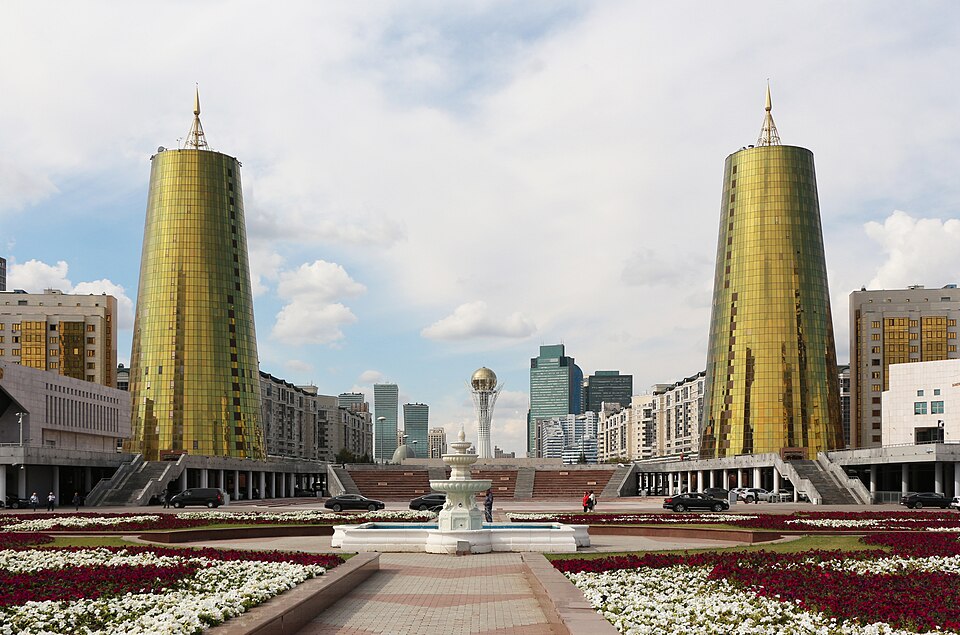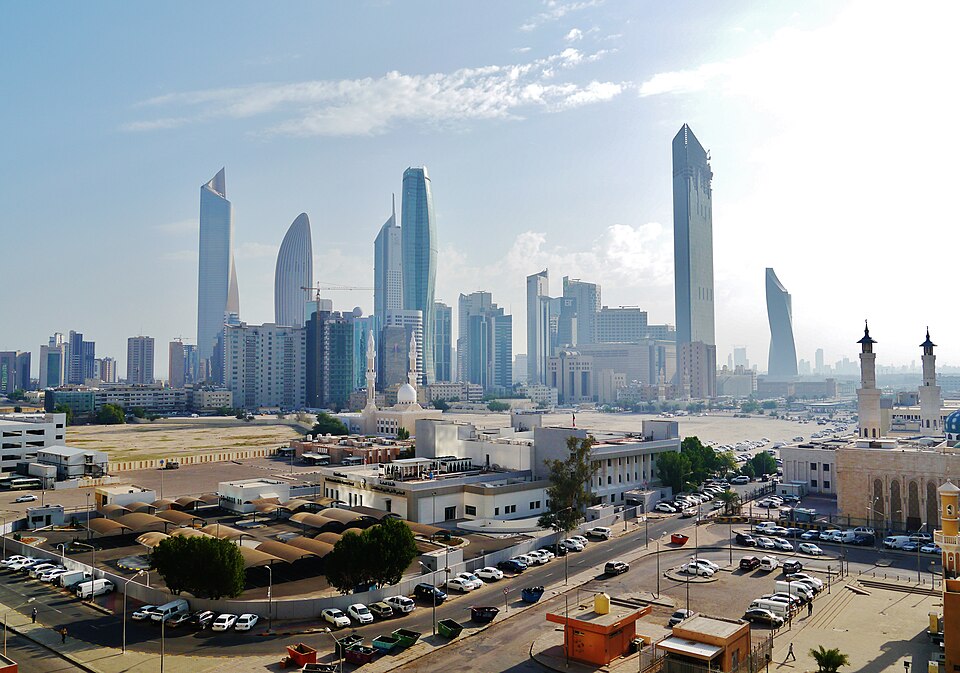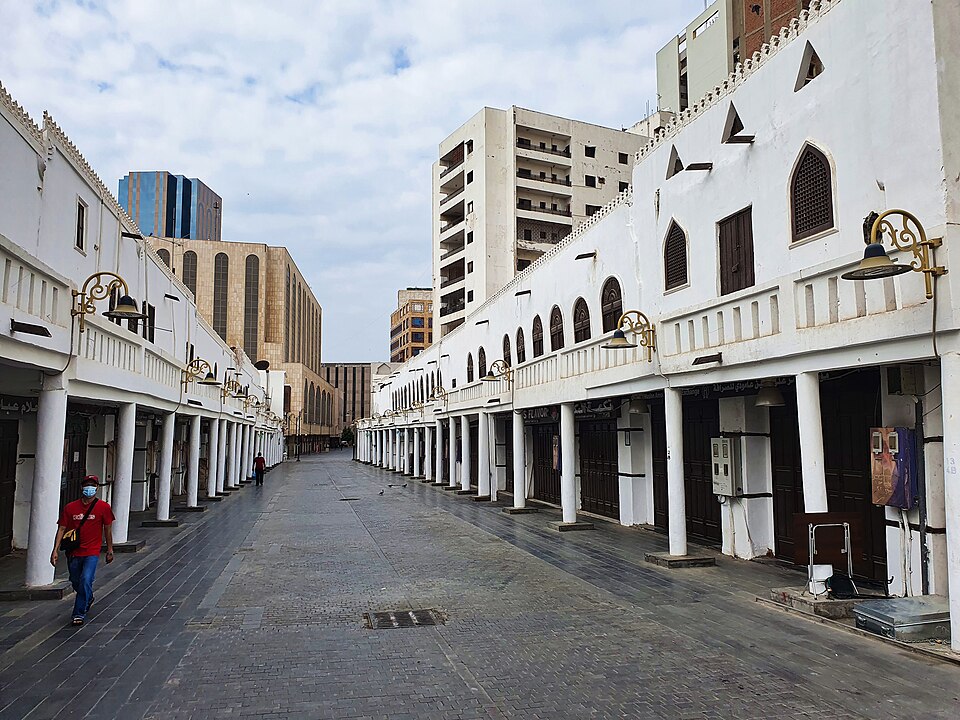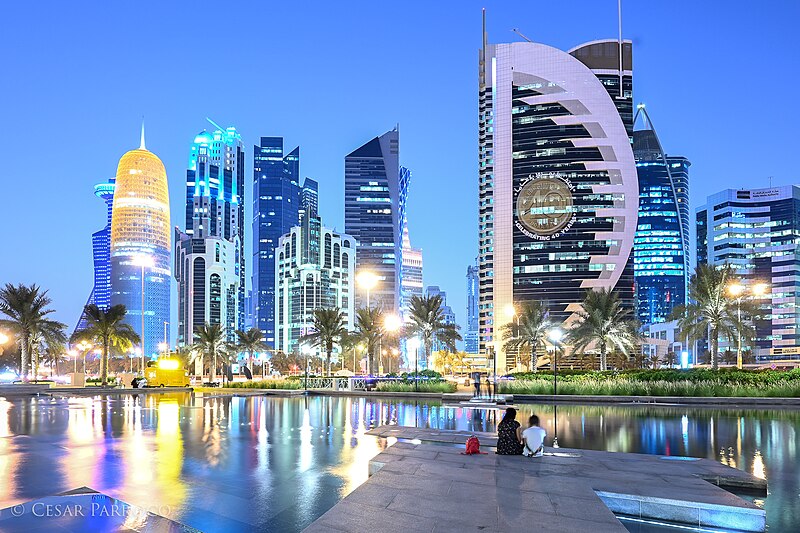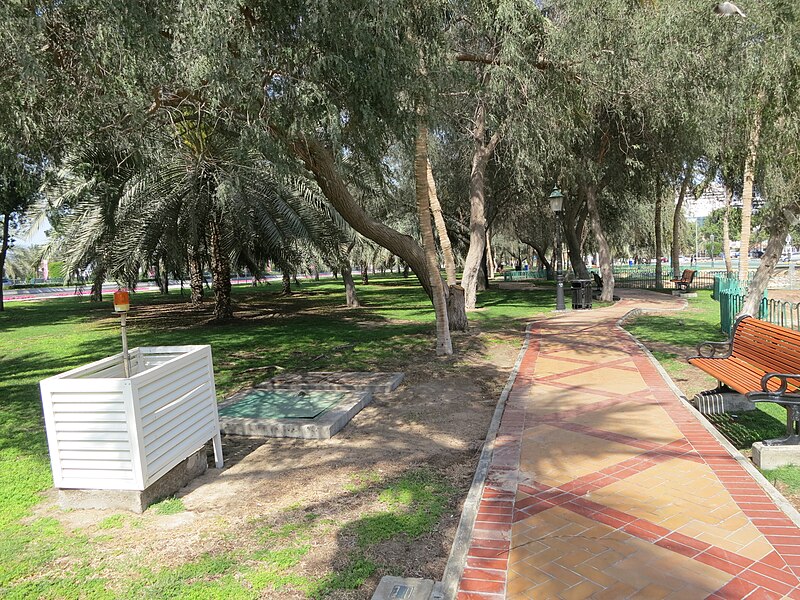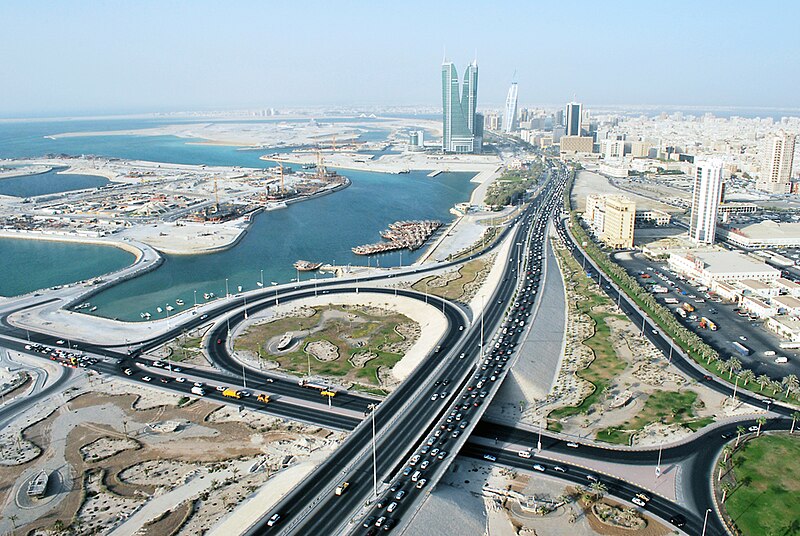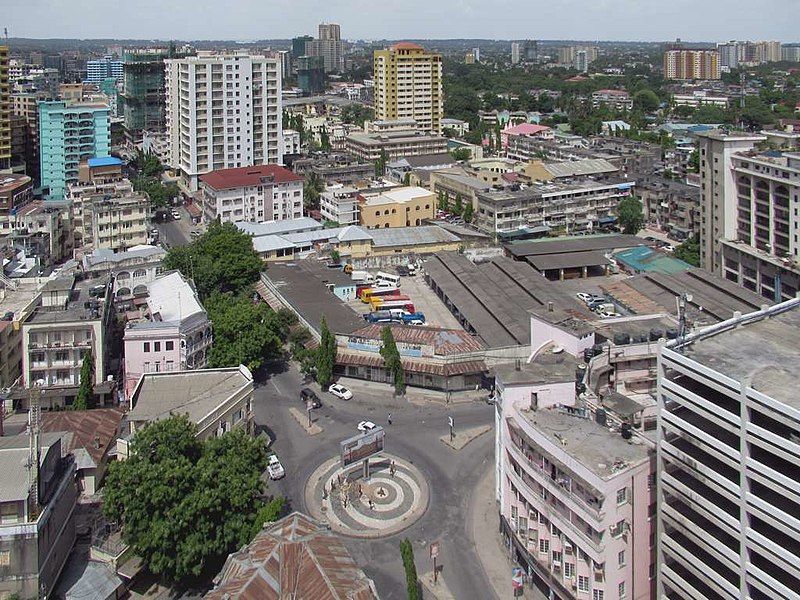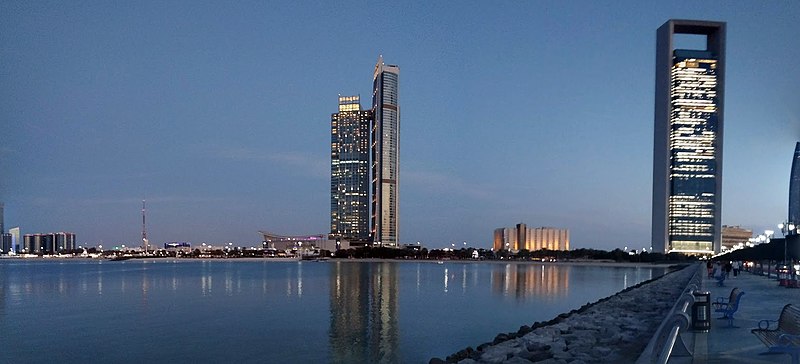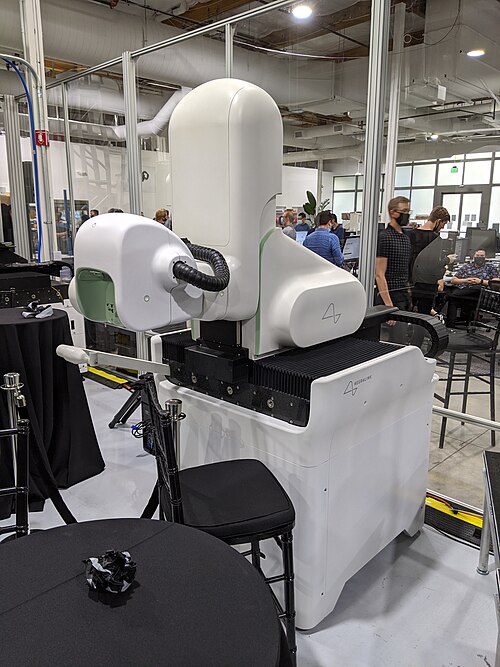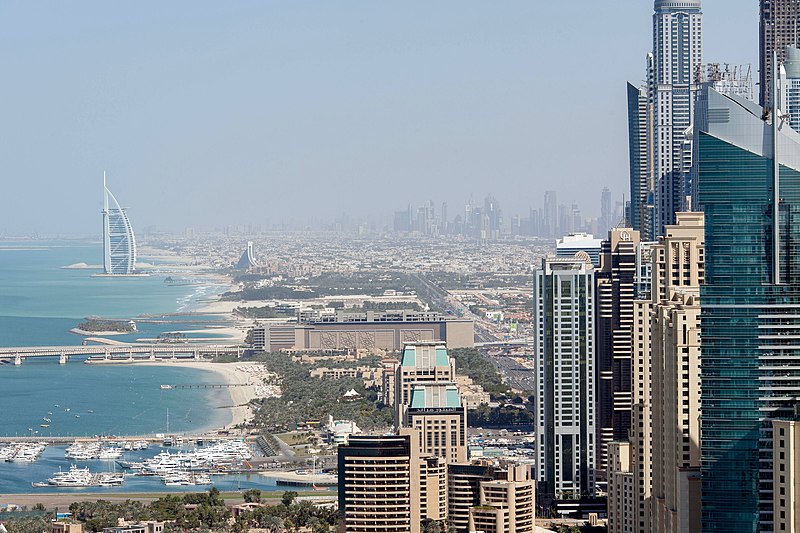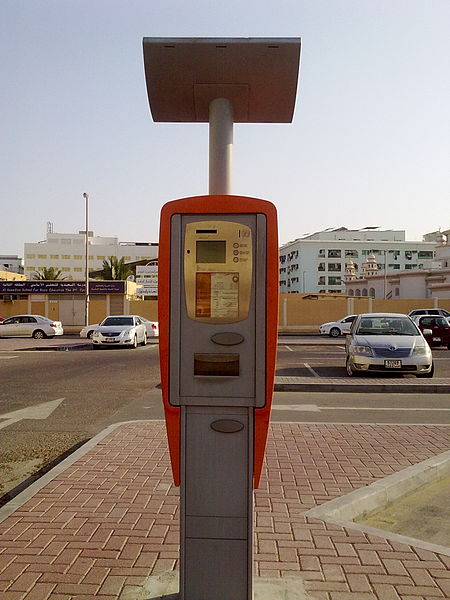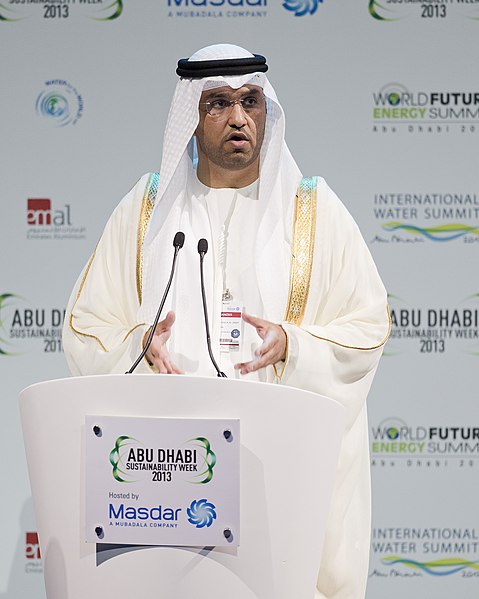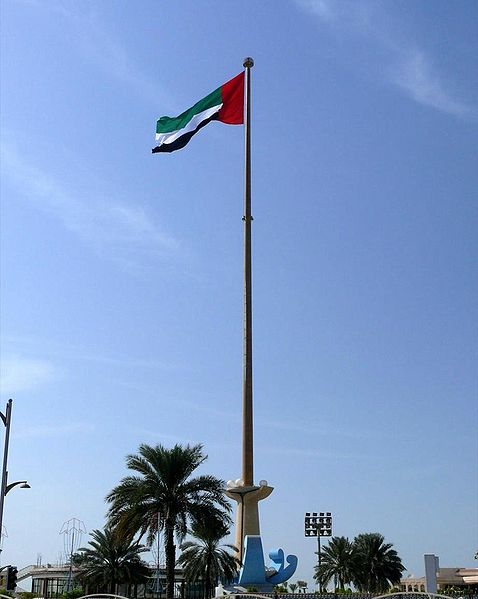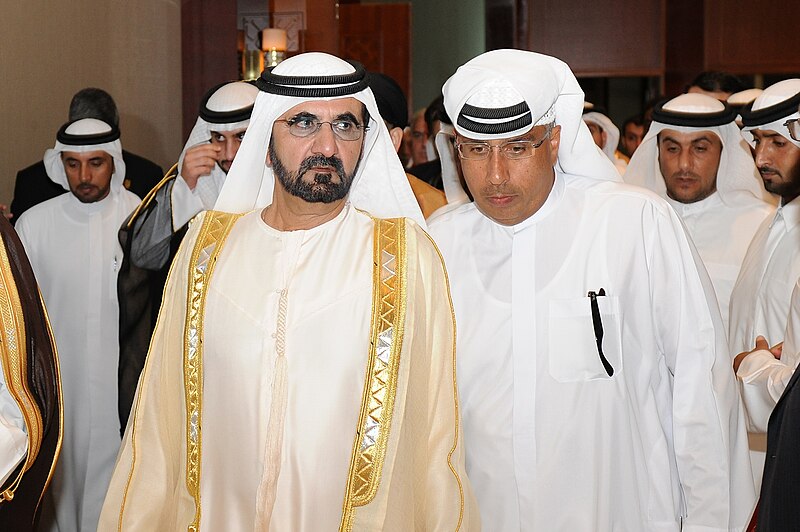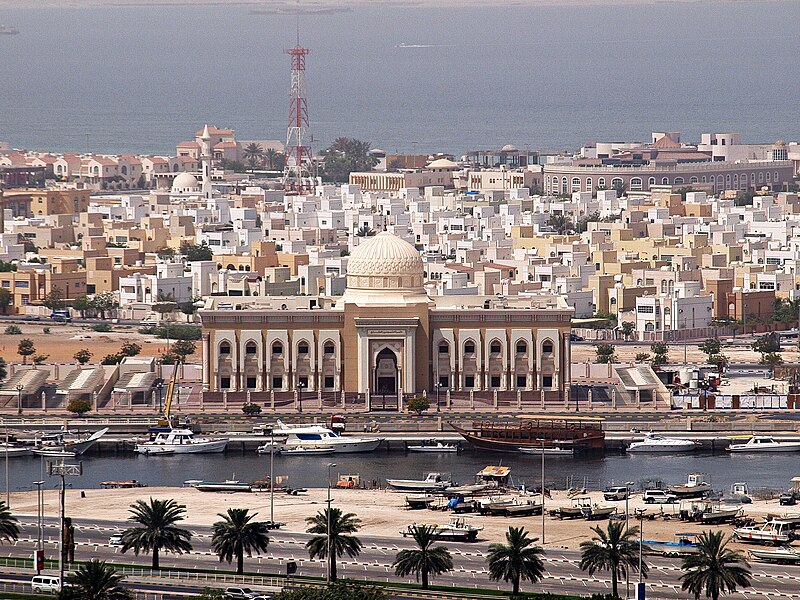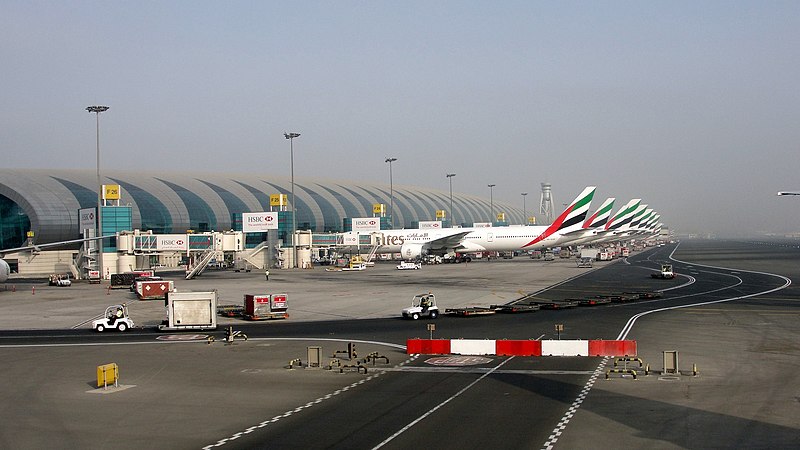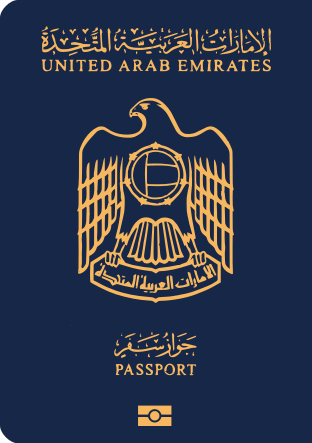
Efforts to bolster trade and investment connections between the UAE and China are prompting a surge in freighter capacity on routes between the two countries.
In June, an agreement was signed between Beijing Daxing International Airport and the Dubai Multi Commodities Centre (DMCC), the UAE's largest free-trade zone, aimed at setting an example for global Free Trade Zones (FTZs).
Trade analysts predict that the growing commercial opportunities between the UAE and China could lead to bilateral trade reaching $200 billion by 2030. Chinese exports to the UAE reached $53.86 billion last year, according to the UN COMTRADE database on international trade.
Last month, Etihad Cargo initiated a service to Ezhou Huahu Airport, which opened in July the previous year. Local authorities describe it as a cargo-oriented gateway with minimal passenger traffic.
Ezhou Huahu Airport plans to establish 40 domestic freight routes and four international cargo routes by the year's end. The first international cargo route arrived in April via SF Airlines. The long-term vision encompasses up to ten international cargo routes and 50 domestic routes by 2025, targeting an annual cargo and mail throughput of 2.45 million tonnes.
Located in Hubei province, Ezhou Huahu is a hub for agricultural products like cotton, rice, wheat, and tea, as well as sectors such as automotive, metallurgy, machinery, power generation, textiles, foodstuffs, and high-tech commodities. It boasts a 23,000 square meter cargo terminal and a 700,000 square meter freight transit center.
Etihad Cargo's expansion to Ezhou follows the announcement of an expanded reciprocal block space agreement with SF Airlines to enhance cargo capacity between China and the rest of the world via Abu Dhabi hub.
Recently, Etihad introduced an extra weekly freighter service to Guangzhou, raising the total number of freighter services to mainland China to 10 per week.
In addition to its freighter services, Etihad also transports belly cargo on 10 passenger flights a week to Beijing, Guangzhou, and Shanghai, and utilizes road feeder services to connect with another 25 domestic Chinese destinations.
Moreover, the UAE plays a pivotal role in China's Belt and Road Initiative (BRI), which aims to link Asia with Africa and Europe via land and maritime networks. The initiative has also been involved in extensive infrastructure investment programs for airports.
During the latest round of meetings between Chinese and UAE officials on August 15 in Dubai, the UAE's Ministry of Economy reported that both sides were "exploring new mechanisms to enhance trade cooperation, build new partnerships, and provide support to exporters and importers, facilitating increased exchange of goods and services and enhancing the UAE's investments in the Chinese market." Photo by Md Shaifuzzaman Ayon, Wikimedia commons.

